Connected counting: illuminating relationships in number theory
11 AM – 6:30PM, 3 Jul 2023
Number theorists gather at the London Institute to discuss cutting-edge research and present their latest work in this branch of mathematics.
Number theory is accelerating. One of the key modern branches increasing the pace of discovery is additive combinatorics, and many of its fundamental questions await answers. The structures of sets under a large number of additions remain a mystery. The links between the structure-randomness dichotomy and ergodicity in dynamical systems are only beginning to be explored. Generalisations to the recent discovery of murmurations hold the potential to unlock new results. But while we embrace modern number theory, many classical questions are yet to be addressed. Inverse problems, the tightness of inequalities, present open challenges. This millennia-old subject continues to unearth new results and refine proofs established years ago.
This event assembles number theorists to discuss modern advances, as well as classical unanswered questions. Topics include links between the structure-randomness dichotomy and ergodicity in dynamical systems, and potential breakthroughs inspired by murmurations’ recent discovery. This event is a platform for experts to exchange ideas and collaborate at the forefront of discovery.
Event information
This event is on Monday 3 July at the London Institute for Mathematical Sciences, located on the second floor of the Royal Institution. Grab a coffee and say hi from 10:30 am, before being seated in Tyndall’s Parlour for talks to start at 11 am. There will be a drinks reception at the end of the day in the Old Post Room. To register to attend, email akm@lims.ac.uk.
Programme
- 10:30 - 11:00 Arrival
- 11:00 - 11:40 Andrew Granville
- 12:00 - 12:40 Thomas Oliver
- 13:00 - 13:40 Lunch break
- 14:00 - 14:40 Peter Van Hintum
- 15:00 - 15:40 Marius Tiba
- 16:00 - 16:30 Coffee break
- 16:30 - 17:10 Ben Krause
- 17:30 - 18:10 Oleksiy Klurman
- 18:30 Drinks reception
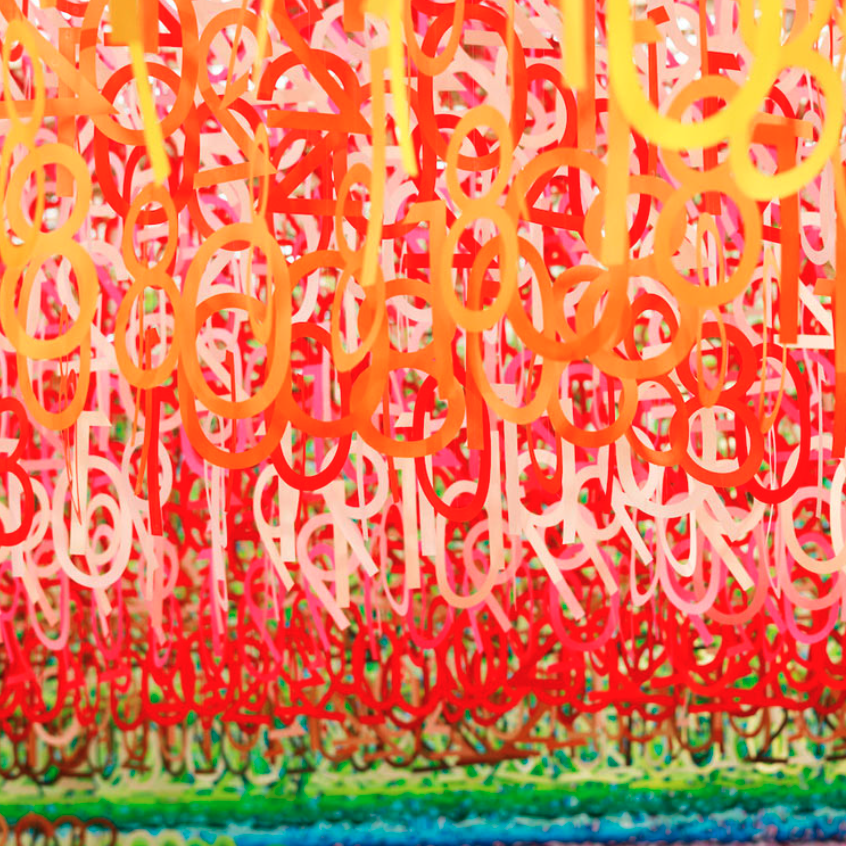



LCP












Speakers & organisers
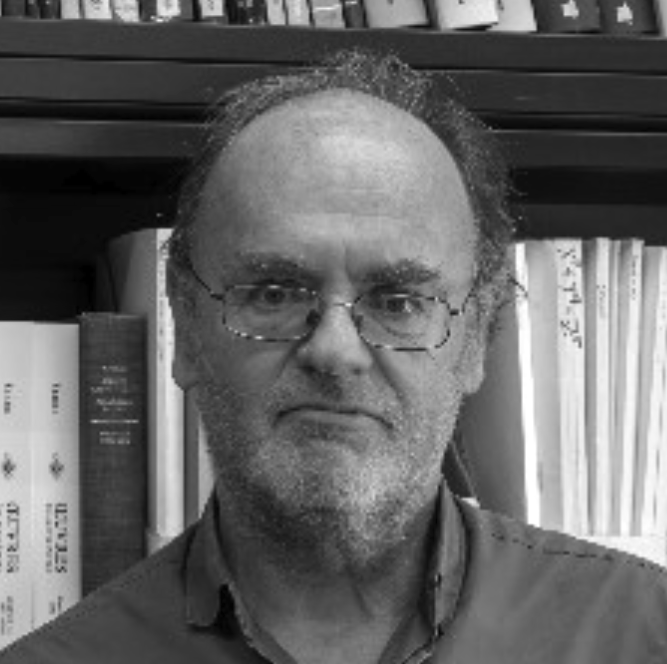
Prof. Andrew Granville is a renowned number theorist based at the Université de Montréal. In 2015, he received the Royal Society Wolfson Research Merit Award. He is a Fellow of the Royal Society of Canada and the American Mathematical Society, and a member of the Academia Europaea.
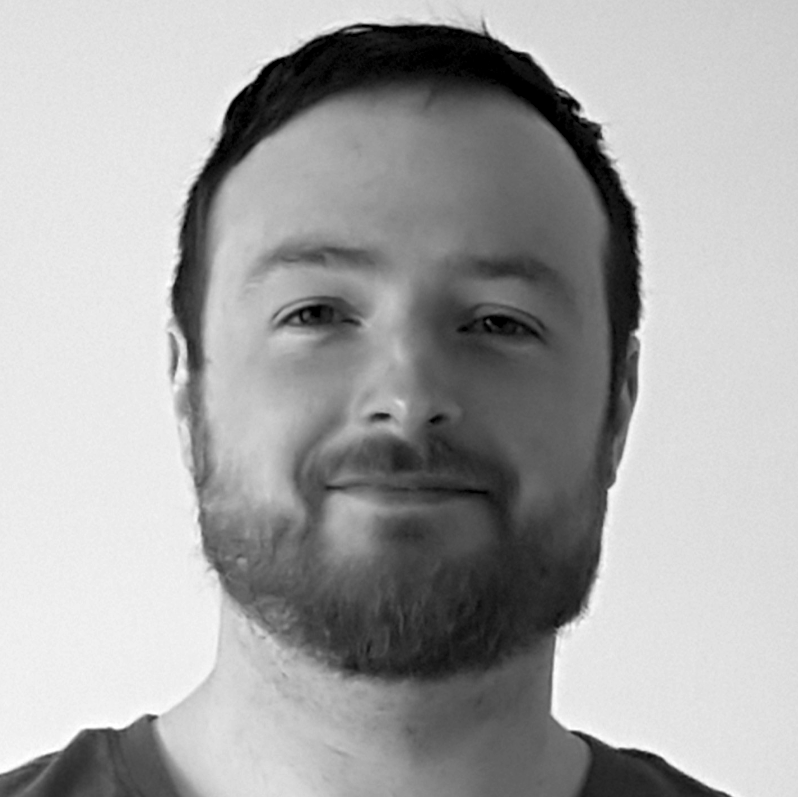
Dr Thomas Oliver is a lecturer at Teesside University. He studied at Durham before doing his PhD at Nottingham. He has held postdoctoral research positions at the Universities of Bristol, Nottingham and Oxford. He works on number theory, representation theory and machine learning.
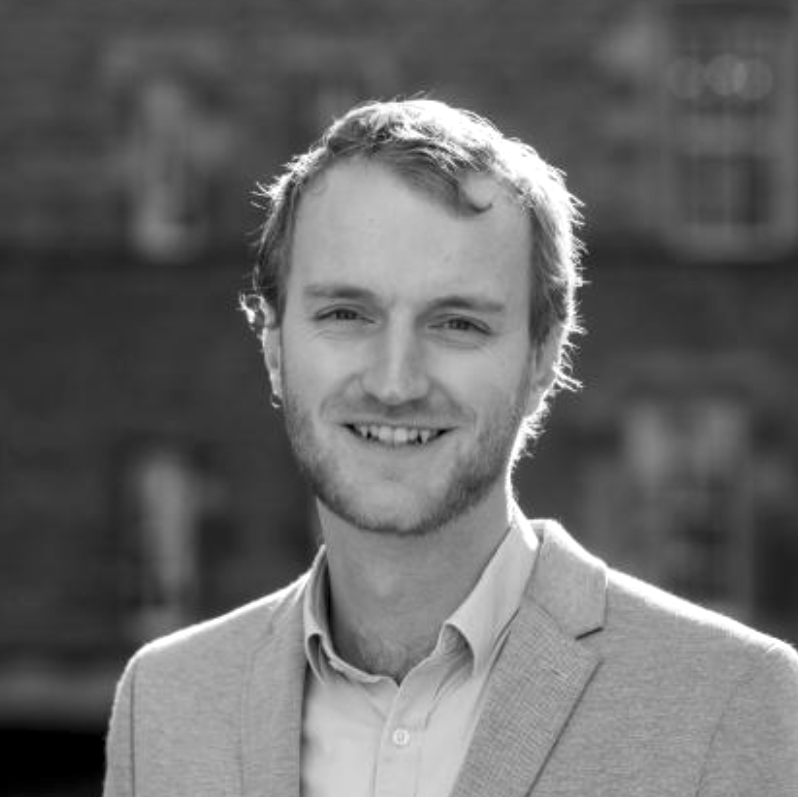
Dr Peter Van Hintum is the Esmée Fairborn Junior Research Fellow at New College, Oxford. He did his PhD at Cambridge, supervised by Prof. Béla Bollobás. His research concerns a variety of combinatorial problems, including additive combinatorics and its connection to metric geometry.
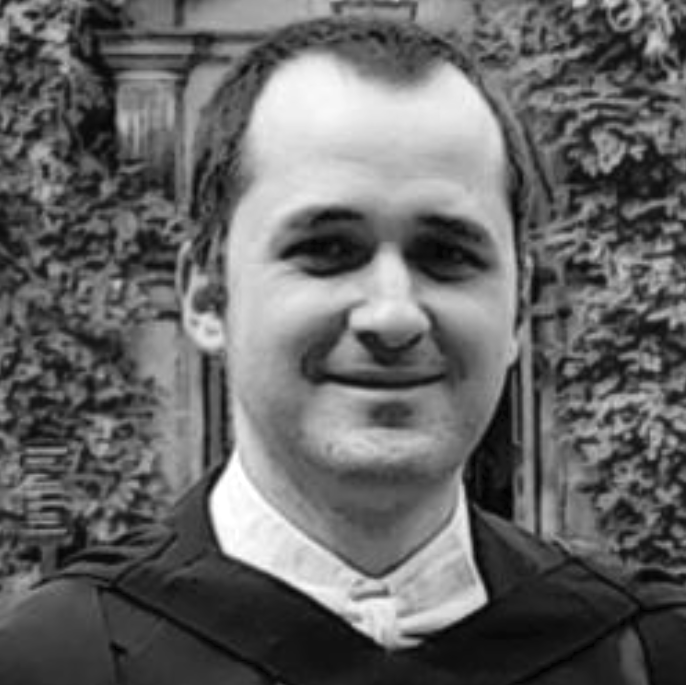
Dr Marius Tiba is a research fellow in mathematics at Oxford. He did his PhD at Cambridge on combinatorial problems with geometric flavour. His research primarily concerns combinatorics, with a focus on connections of additive combinatorics with metric geometry and number theory.
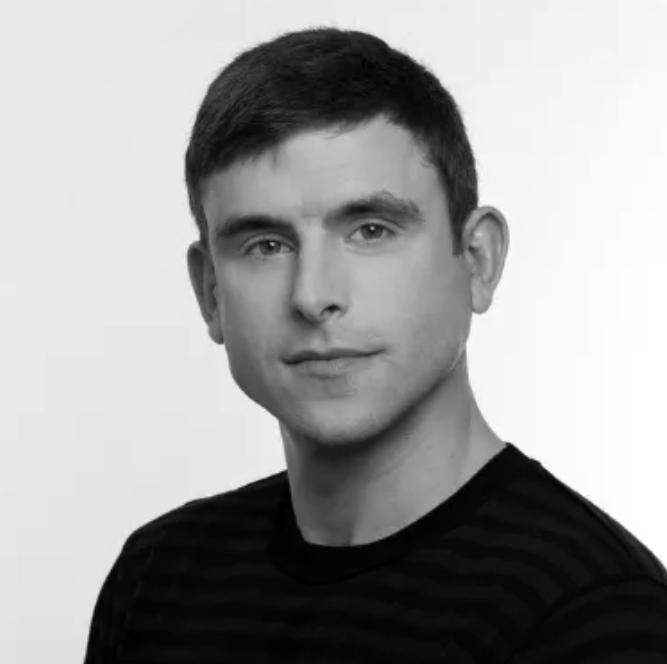
Dr Ben Krause is a lecturer at King’s College London. He did his PhD at UCLA, supervised by Prof. Terence Tao, and has held research positions at the Pacific Institute, CalTech and Princeton. He researches pointwise ergodic theory, harmonic analysis and additive combinatorics.
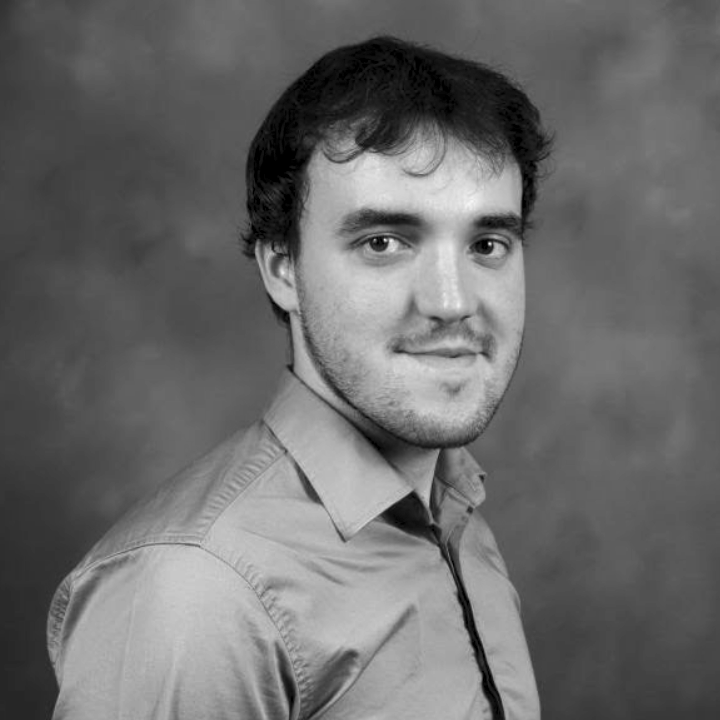
Dr Oleksiy Klurman is a lecturer at the University of Bristol. He did his PhD at Université de Montréal, under the supervision of Prof. Andrew Granville. He was awarded the Kevin Henriot prize in 2019. His research focuses on number theory, probability, analysis and combinatorics.
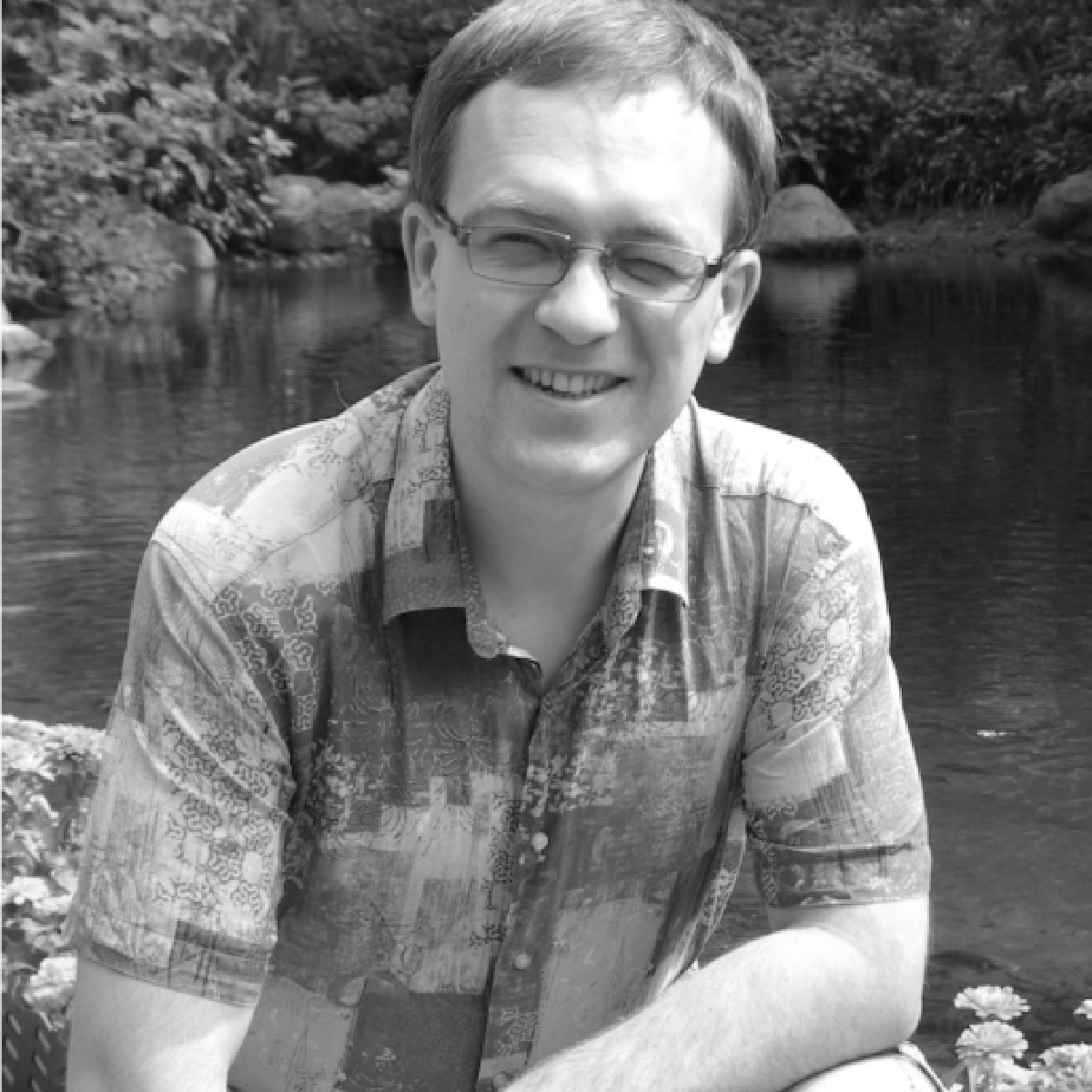
Prof. Ilya Shkredov is an Arnold Fellow at the London Institute. He studied mathematics at Moscow State University, IAS Princeton and MSRI Berkley. His work includes generalisations of Szemerédi's theorem, the sum-product phenomenon, and inverse results in additive combinatorics.
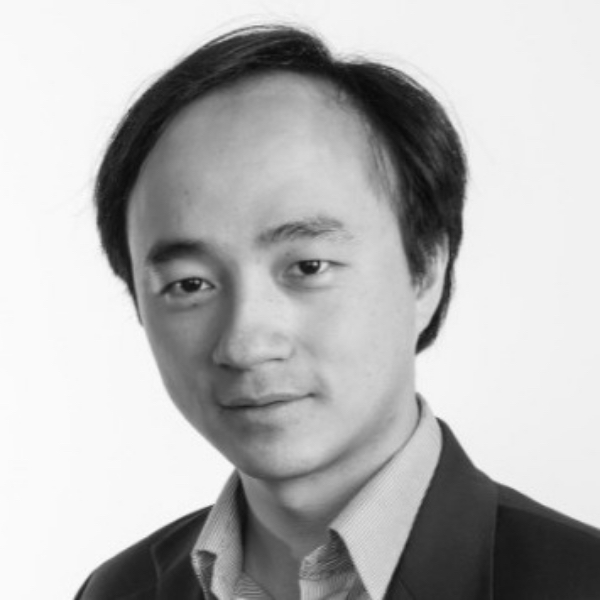
Prof. Yang-Hui He is a Fellow at the London Institute and Chang-Jiang Chair at Nankai University in China. He works on geometry, number theory and string theory. In 2017, he helped launch the field of AI-guided mathematical discovery, where he continues to play a leading role.